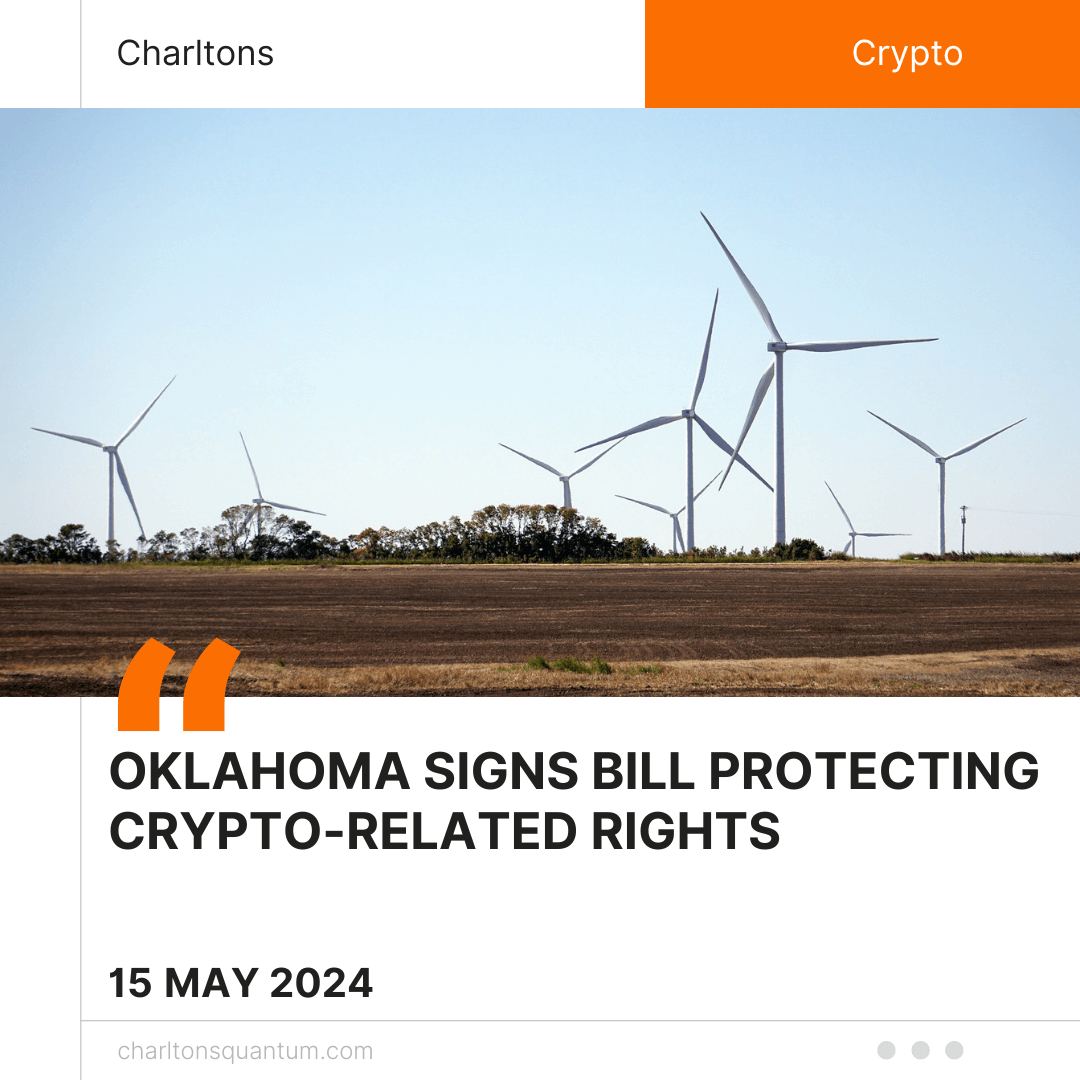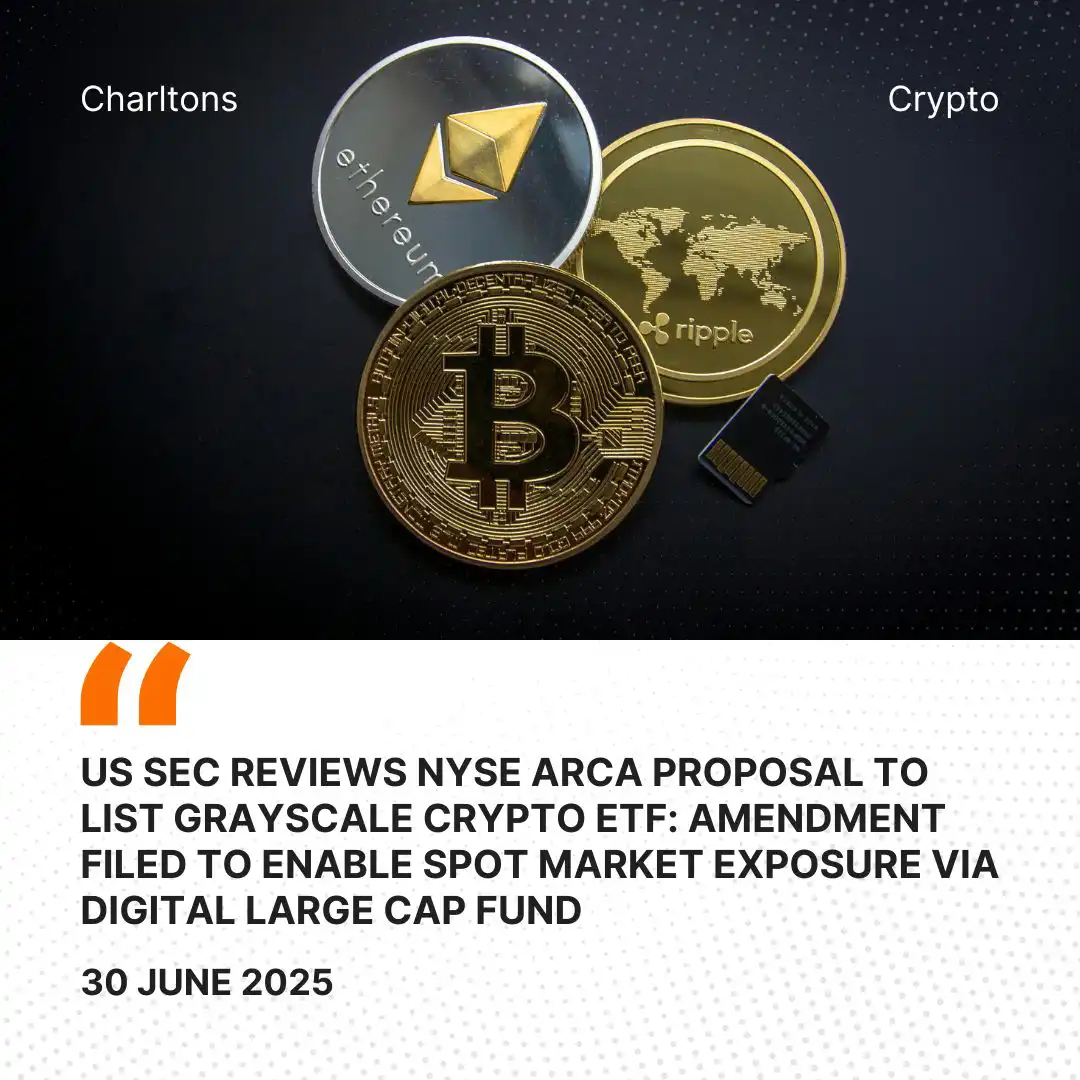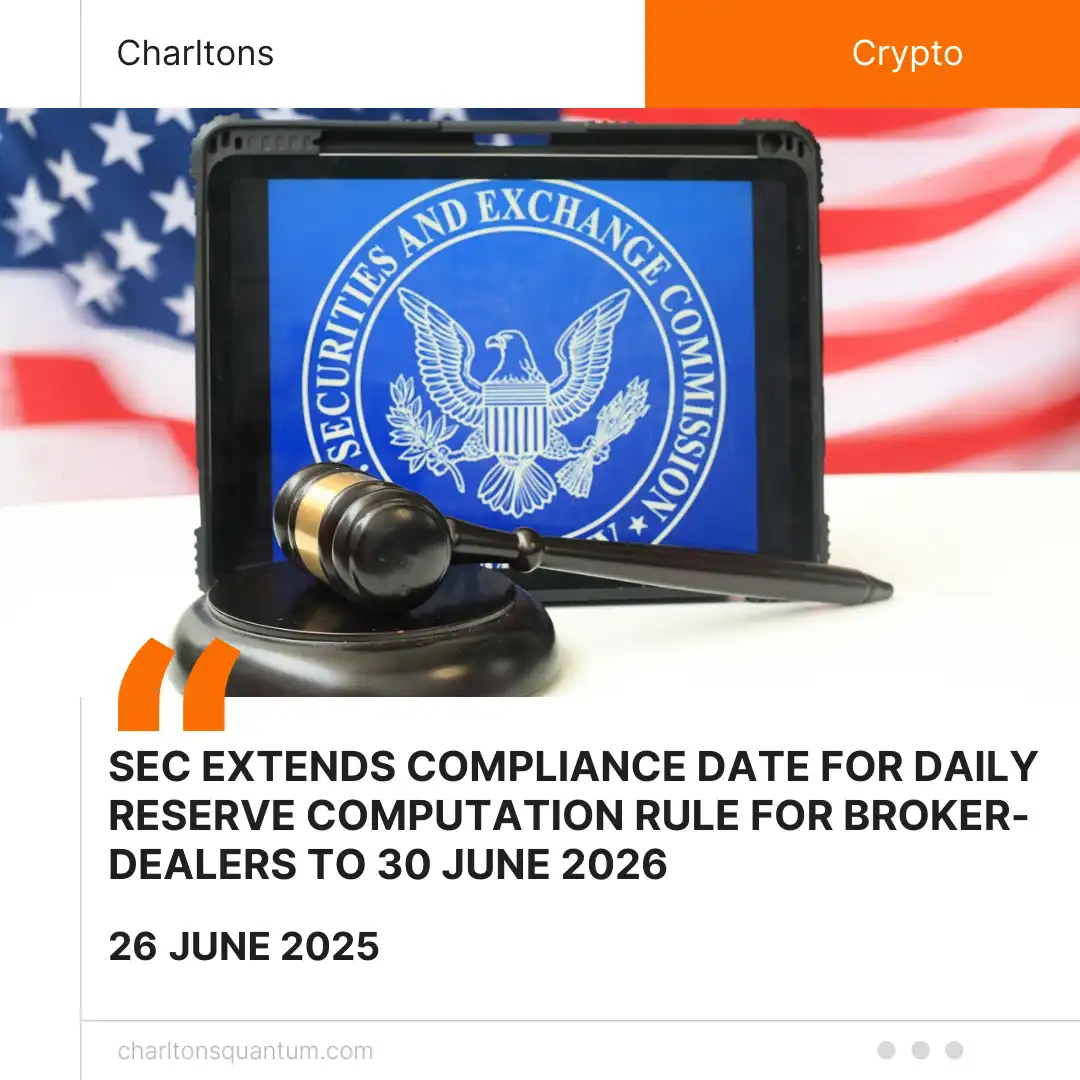
The state of Oklahoma has enacted a new law safeguarding crypto-related rights, with Governor Kevin Stitt approving HB 3594 on May 13. This legislation will take effect on November 1, as indicated on the Oklahoma State Legislature website.
Under the new law, the Oklahoma state government cannot prohibit, restrict, or impair the use of cryptocurrencies for purchases or self-custody. Additionally, state and local governments are barred from imposing extra taxes or charges specifically targeting crypto, applying the same taxes as those on legal tender.
HB 3594 also offers protections for home crypto mining and mining businesses, declaring participation in either type of mining as legal in Oklahoma. The bill ensures that businesses can operate crypto mining companies in industrial-zoned areas. Political subdivisions are permitted to change the zoning of a mining business with appropriate notice and comments, and mining firms have the right to appeal zoning changes.
The bill prevents political subdivisions from imposing specific noise restrictions and other rules on crypto mining businesses, though general noise ordinances and data center requirements still apply. Furthermore, the Oklahoma Corporation Commission, the state’s public utilities commission, is prohibited from creating discriminatory rate schedules for mining companies.
The legislation also exempts parties engaged in mining, staking, and related activities from the requirement to obtain a money transmitter license. Similarly, those operating a blockchain node are not required to obtain a money transmitter license.
The Oklahoma Bitcoin Association praised the new law, stating, “The law makes Oklahoma the FIRST State to codify the rights of its citizens to run a node, to mine, and to self-custody their Bitcoin.” Satoshi Act Fund CEO and co-founder Dennis Porter commented on the bill, asserting that it addresses an “onslaught of attacks” on self-custody.
This move comes as certain US states and regions, including Arkansas, have imposed restrictions on crypto mining, often citing noise pollution. Meanwhile, attempts at nationwide legislation, such as Senator Elizabeth Warren’s Digital Asset Anti-Money Laundering Act, aim to impose similar restrictions. Warren’s bill seeks to limit unhosted wallet providers, digital asset miners, validators, and other nodes.





